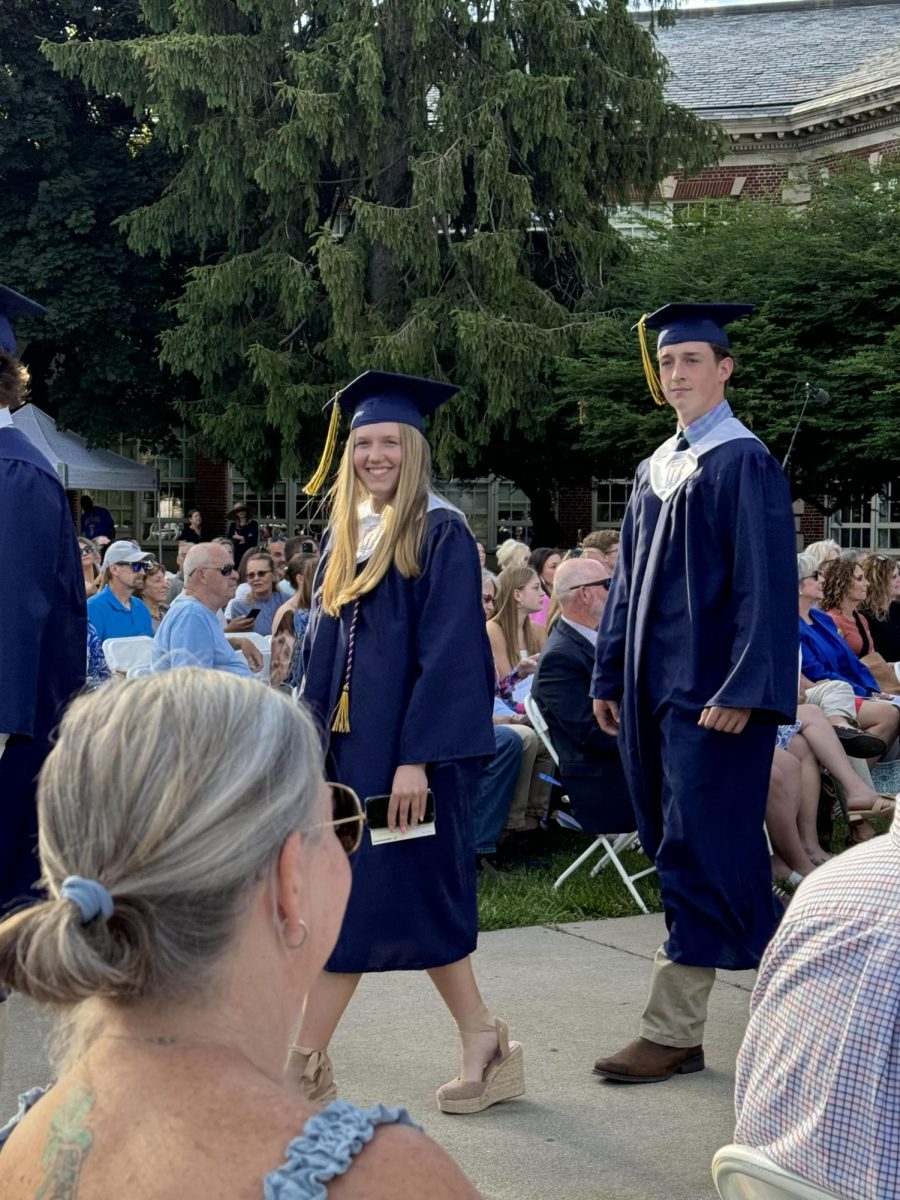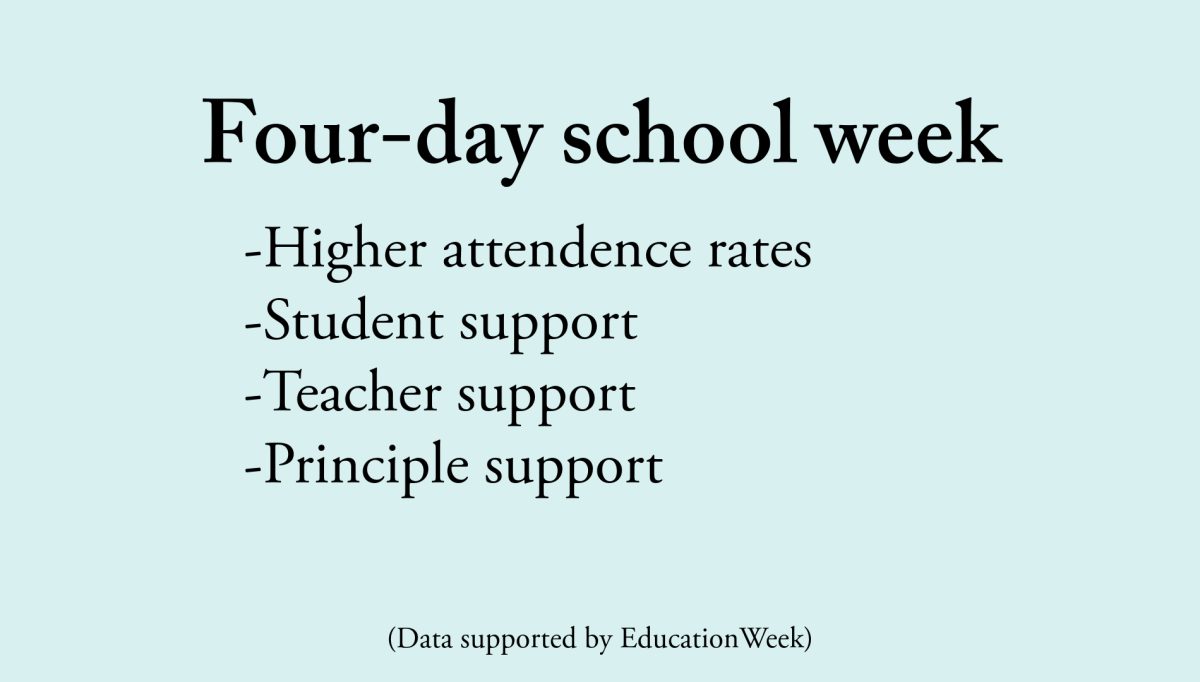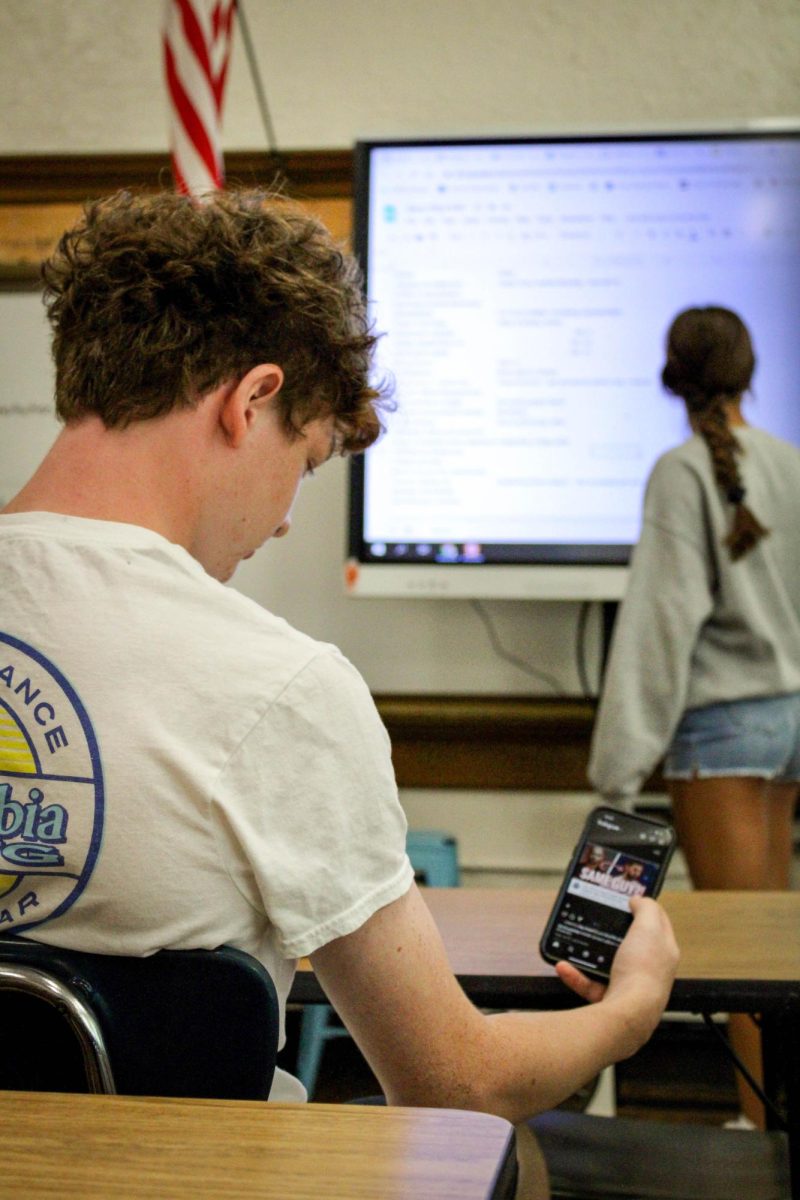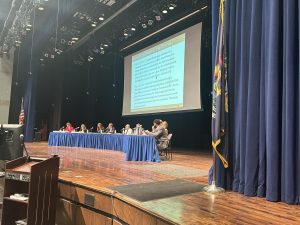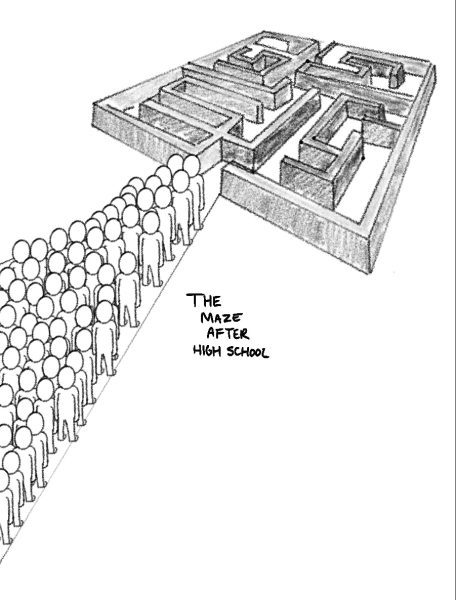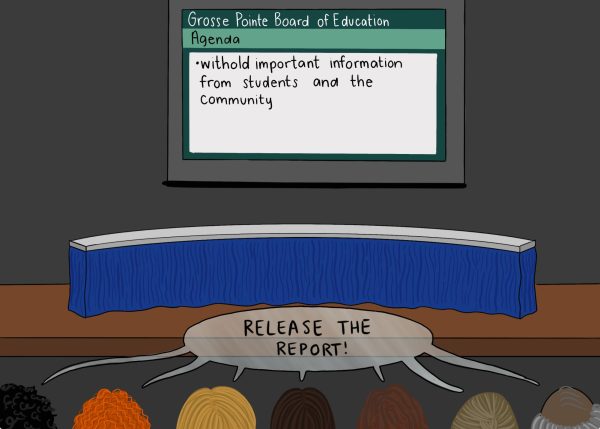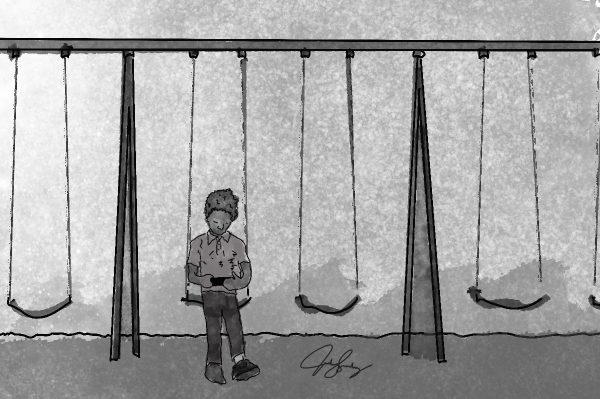A fresh, phoneless start in education
OFF AND OUT OF SIGHT Anthony DeLuca ’25 pretends to go on his phone during class time in order to pose for the Tower.
September 29, 2022
According to the US Department of Education, 91 percent of schools in 2009 prohibited cell phone use during the school day, although that percentage has decreased to 66 percent by 2016. That brings us to the question, is South’s new policy regarding cell phones going to be beneficial for students in the long run? We at The Tower believe so. The decision as to whether or not phones should be used in classrooms should be entirely dependent on the class and teacher, not having to worry about facing backlash from opposing beliefs of students or administration.
According to a 2020 study conducted by the Asia-Pacific Skillsoft survey, 72 percent of students surveyed believe cellphone use in learning environments increases engagement and participation. We at The Tower believe technology often plays a crucial role in the enrichment of student education, teaching them to utilize it as a tool instead of a distraction. With that being said, teachers who wish to promote cell phone use in class for educational purposes should not have to worry about opposition from administration.
Although cell phone use during school may be effective and necessary, in some cases, this can be the opposite. According to a survey of college students conducted by the Education Resources Information Center, 92 percent of students surveyed use their devices to participate in non school-related activities such as texting during class. That being said, phone usage in schools entirely depends on the curriculum, course and teacher. If a teacher believes using cellphones in class is a distraction and disruption to the learning environment, then they should be able to respond in a manner that supports their beliefs. On the other hand, if a teacher feels mobile devices can improve student learning and are imperative for a lesson, they should be able to instruct as they see fit.
We at The Tower believe the cell phone policy only oversteps its limits if teachers feel pressure to eliminate phone use in their classrooms and disregard their own instructional methods due to the new guidelines. Ultimately, leaving the decision in the hands of teachers is the most effective way of proceeding with the new policy, as teachers will ultimately make the best decision for their students and for the entirety of Grosse Pointe South.

